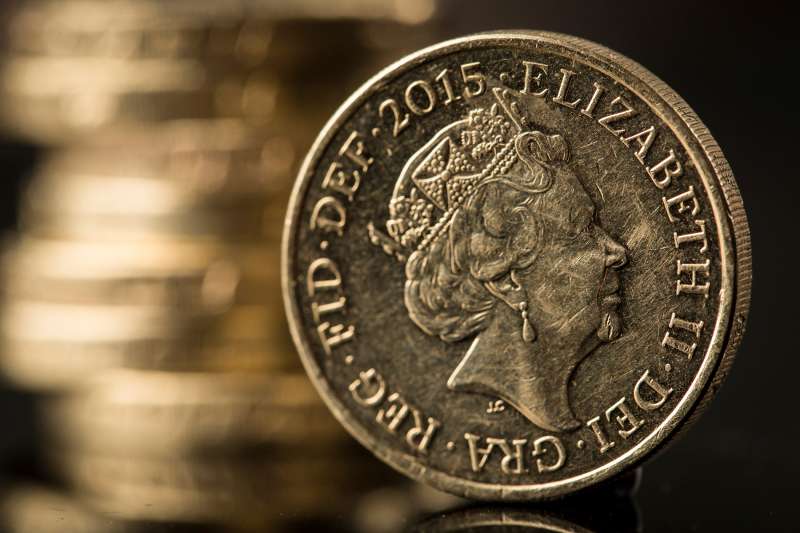The Pound is Why Britain Will Survive Brexit
Money is not a client of any investment adviser featured on this page. The information provided on this page is for educational purposes only and is not intended as investment advice. Money does not offer advisory services.

Economists and celebrities agree: Britain's vote to leave the European Union was a terrible mistake.
Comedian/civics instructor John Oliver has devoted a couple of segments to the dire effects to come, while Lindsay Lohan made her "Remain" case on Twitter. More conventional economic thinkers have outlined their disagreement with Brexit results, and economist Tim Harford sounds downright heartbroken on a recent episode of NPR's Planet Money podcast.
Economist Intelligence Unit's Alex White predicts a serious economic slowdown in the U.K. next year.
The markets, meanwhile, are jumping all over the place. The Dow Jones Industrial Average dropped about 900 points in the two days following the Brexit vote, only to rebound more than 500 points Tuesday and Wednesday. The Stoxx Europe 600 is up almost 3%, after a few disastrous days, while London's FTSE gained 4% after dropping nearly 6%. Both the euro and the British pound have weakened against the dollar over the past week, with the sterling dropping 8.3%.
Investors are very afraid. Take gold -- that yellow metal unearthed from the ground with precious few practical applications. An ounce cost $1,262 before U.K. voted to leave, but now runs $1,315. In times of intense uncertainty, investors crave so-called safe havens.
Like government bonds. The yield on a U.S. 10-year Treasury, for instance, is now 1.46%, down from 1.85% a month earlier. (Bond prices and yields have an inverse relationship.)The same trend is true in the United Kingdom. Over the pond, borrowing costs on 10-year bonds dipped below 1% for the first time ever.
"Stock markets around the world rallied in the days leading up to the vote while the British pound strengthened, says Natixis Global Asset Management's chief market strategist David Lafferty. "This action has swiftly reversed with the global equity markets off, bond yields plummeting, and the pound dramatically weaker in the days after the Brits voted to leave the EU. Not surprisingly, gold has rallied. The vote has clearly caught markets on the wrong foot."
The drive into British debt is especially interesting, and perhaps augurs well for a post-EU Britain.
As Nobel Prize winning economist Paul Krugman points out, the U.K. has a significant advantage compared to other nations: they have the British pound.
Furthermore, Britain is a nation that borrows in its own currency, not subject to a classic balance-sheet crisis due to currency devaluation – that is, it’s not like Argentina, where the fall in the peso wreaked havoc with firms and consumers who had borrowed in dollars. If you were worried that fears about Brexit would cause capital flight and drive up interest rates, well, no sign of that – if anything the opposite.
Of course, there's another side to this coin. Low interests rates around the developed world underscore market participants pessimism about global growth. Demand would decrease for bonds if the economy was going gangbusters, inflation was rising above target levels and expectations improved. Today's low rates are a function of general economic weakness.
Nevertheless, the fact that the U.K. can continue to borrow at record low levels should help assuage the fears of many who worry the Brexit will destroy the U.K.'s economy.
Correction: An earlier version of this story misspelled Tim Harford.
